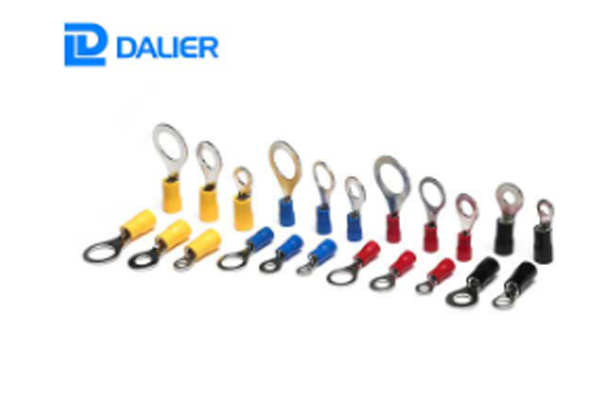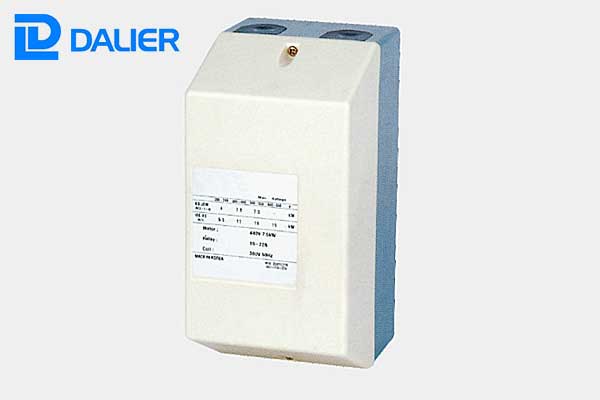Which is Better Nylon or Vinyl Terminal Insulation?
When it comes to terminal insulation for electrical connections, two common options are nylon and vinyl.
Both materials offer unique benefits and features, but which one is better suited for your specific needs?
Nylon Terminal Insulation:
Nylon terminal insulation is known for its durability and resistance to high temperatures. It is a popular choice for applications where heat resistance is crucial, such as in automotive and industrial settings. Nylon insulation provides excellent protection against wear and tear, making it a reliable option for long-term use.
Vinyl-Terminal Insulation:
Vinyl terminal insulation, on the other hand, offers good flexibility and moisture resistance. It is often preferred in applications where water exposure is a concern, as vinyl insulation helps prevent corrosion and damage from moisture. Vinyl insulation is also available in various colors for easy identification and organization of electrical connections.
Difference Between Nylon or Vinyl Terminal Insulation:
1. Durability
Nylon insulation is generally more durable and resistant to high temperatures compared to vinyl insulation.
2. Flexibility
Vinyl insulation is known for its flexibility, making it easier to work with in tight spaces or when bending wires.
3. Moisture Resistance
Vinyl insulation offers better moisture resistance than nylon, making it suitable for applications where water exposure is a concern.
Conclusion
If you prioritize durability and heat resistance, nylon insulation may be the better option.
On the other hand, if flexibility and moisture resistance are key factors for your project, vinyl insulation could be the more suitable choice.




